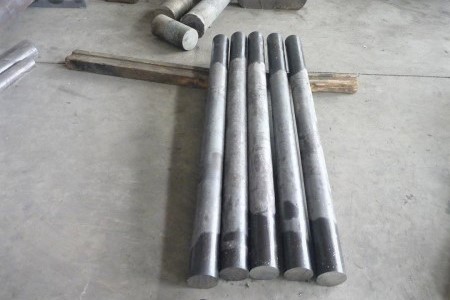
Monel 400 | Alloy 400 | Nickel Alloy Supplier Singapore | Monel 400 Plates | Monel 400 Bars
Price:
R.F.Q.
Share Product:
Detail
E Steel Sdn Bhd - A Leading Supplier of Nickel Alloy Monel 400
Monel 400 (or known as Alloy 400)
Monel 400 is a nickel-copper alloy (about 67% Ni – 23% Cu) that is resistant to seawater and steam at high temperatures as well as to salt and caustic solutions. Alloy 400 is a solid solution alloy that can only be hardened by cold working. This nickel alloy exhibits characteristics like good corrosion resistance, good weldability and high strength. A low corrosion rate in rapidly flowing brackish or seawater combined with excellent resistance to stress-corrosion cracking in most freshwaters, and its resistance to a variety of corrosive conditions led to its wide use in marine applications and other non-oxidizing chloride solutions. This nickel alloy is particularly resistant to hydrochloric and hydrofluoric acids when they are de-aerated. As would be expected from its high copper content, alloy 400 is rapidly attacked by nitric acid and ammonia systems.
Nickel Alloy 400 has great mechanical properties at subzero temperatures, can be used in temperatures up to 1000° F, and its melting point is 2370-2460° F. However, alloy 400 is low in strength in the annealed condition so, a variety of tempers may be used to increase the strength.
----------
Characteristics of Monel 400?
- Resistant to seawater and steam at high temperatures
- Excellent resistance to rapidly flowing brackish water or seawater
- Excellent resistance to stress corrosion cracking in most freshwaters
- Particularly resistant to hydrochloric and hydrofluoric acids when they are de-aerated
- Offers some resistance to hydrochloric and sulfuric acids at modest temperatures and concentrations, but is seldom the material of choice for these acids
- Excellent resistance to neutral and alkaline salt
- Resistance to chloride induced stress corrosion cracking
- Good mechanical properties from sub-zero temperatures up to 1020° F
- High resistance to alkalis
Specification
| Keyword | |
| Brand |
Catalogue Download